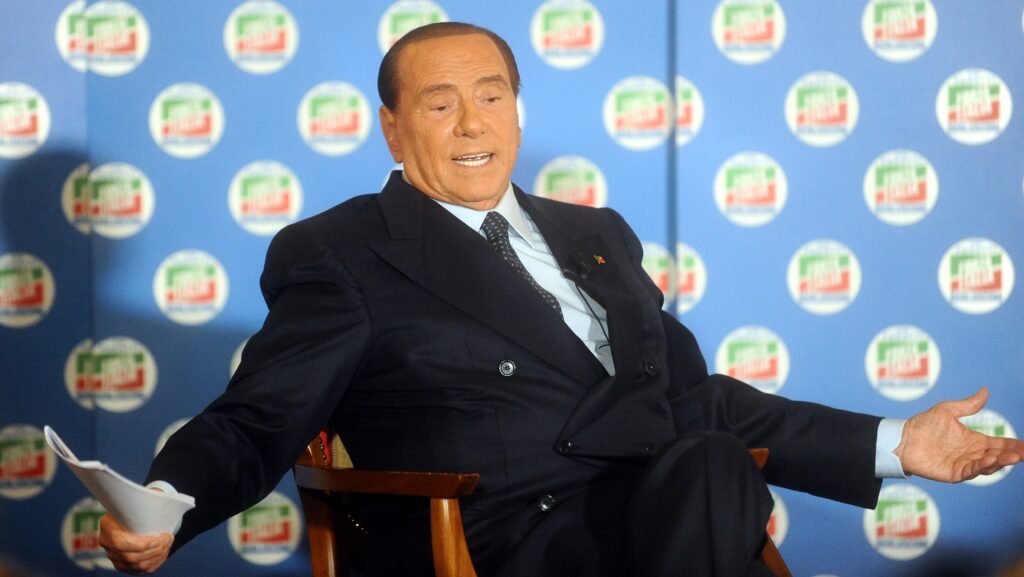Member Insights: Berlusconi’s made-in-Hollywood success
June 14, 2023
In this Member Insight piece iSportConnect’s Content Director, Jay Stuart, former Variety correspondent in Rome, gives his perspective on the rise of Italian commercial TV.
Silvio Berlusconi as Mister Bunga-Bunga is unrecognisable to me. He gets a lot of justified criticism as a political figure and a malign cultural influence but you’re unlikely to hear anybody who was selling television programming in Europe for a living in the 1980s say an unflattering word.
I was a staff correspondent in Rome for the showbiz paper Variety before anybody had ever heard of Berlusconi and as a reporter covering the TV business I had a front-row seat on his rise to the top. I’m going to share here a bit of perspective on an overlooked aspect of the story.
So often the narrative starts with him having a commercial TV monopoly in Italy thanks to shady Italian politics and regulatory failures. Yes, that’s sort of true, but it misses out the best part. Successful TV networks are not created by politics or regulation but by content that audiences want to watch. The Berlusconi story is only partly about Italy.
It’s also about Dallas.
Remember that American primetime soap, the one with JR? When Berlusconi bought Dallas from Lorimar the ratings for his Canale 5 shot through the roof. An upstart channel from nowhere was suddenly a market leader. Dallas symbolised something brand new in the Italian TV market.
Competition.
Berlusconi actually saw himself as challenging a monopoly. Back in those days Italy had the state-owned broadcaster RAI and that was it. In fact, it was the same all over Europe. There were only state broadcasters, no commercially owned channels allowed. Britain was the exception with the BBC-ITV duopoly, not hugely different. The programming philosophy was ‘public service.’ And advertising time was limited everywhere.
Berlusconi viewed this situation through the only lens the man ever really understood, that of a salesman. Most obviously, as a seller of advertising. In a market choked with pent-up demand, he saw the bonanza there for the taking in opening up new airtime for commercials.
He also had a salesman’s view of the market for content. With RAI as the only Italian buyer for their movies and shows, American sellers weren’t getting good prices. He saw that by challenging the status quo he had something to offer Hollywood, a competitive market, and the studios weren’t slow on the uptake. American companies poured popular programming into Italy’s new commercial channels as fast as they could buy rights.
Private stations launched by lesser entrepreneurs were sprouting up all over Italy like blocks of flats without permits. There were literally hundreds of them.
Soon enough the Italian phenomenon was repeated across Europe, albeit less flamboyantly, as private television took off on the back of U.S. imports to the point where Brussels had to come up with a Directive to save European viewers from the likes of Miss Ellie and Magnum, P.I., and Brazilian telenovelas. But competition was here to stay.
A continent full of public broadcast monopolies? Pent-up advertising demand? Dynasty and Love Boat? It all seems rather quaint now.
I can’t leave off mentioning that early on Berlusconi bought the rights to a football exhibition tournament in Uruguay called the Mundialito. It was the first time that the Italian national team played on private TV. The ratings were great of course. The tournament cost him $1 million ¬ big bucks for sports back then.
It took a few years for the sellers of sports rights to follow in Hollywood’s footsteps. Then rights fees took off.
Photo Credit: Niccolò Caranti



